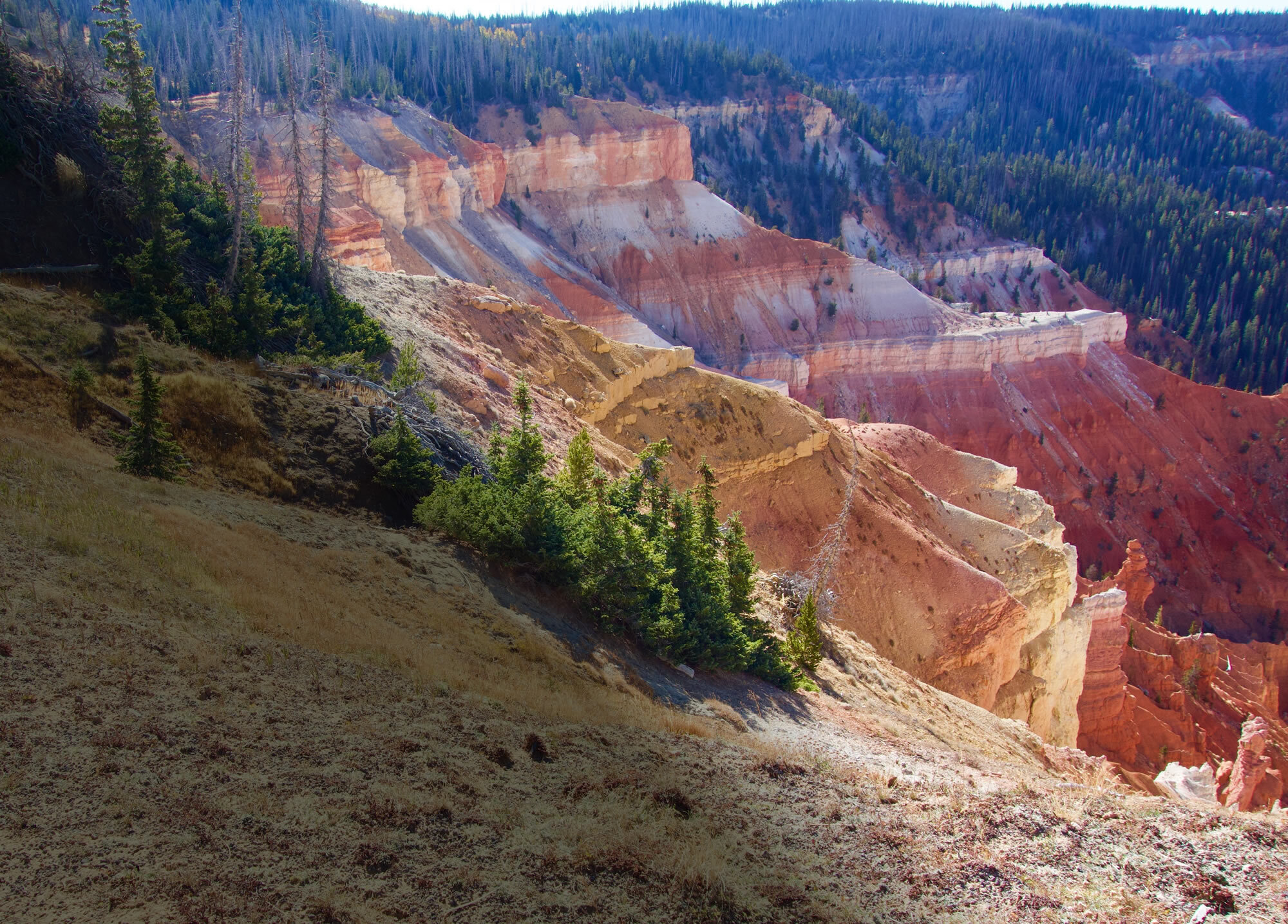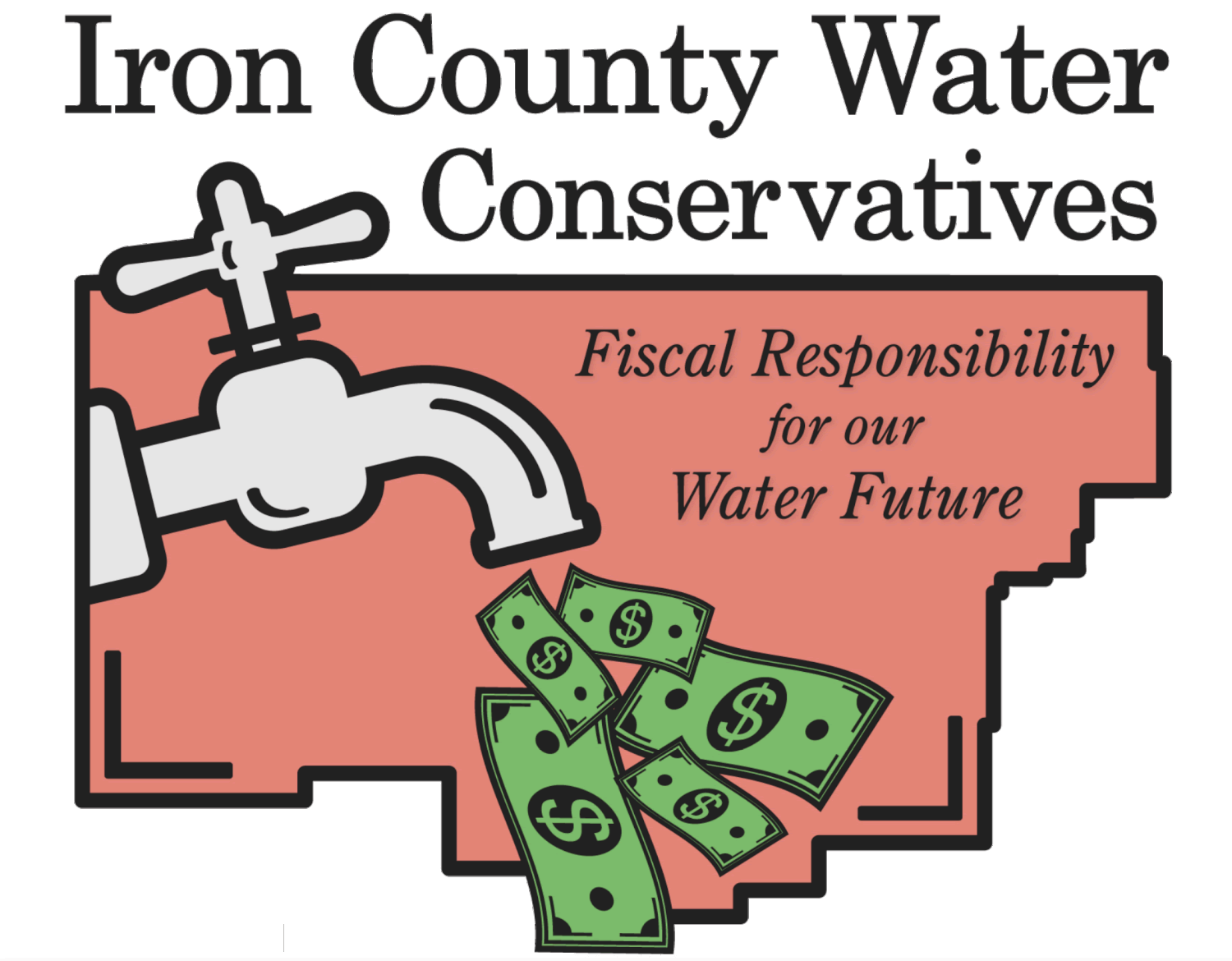
Tax and Spend
How Central Iron County Water District’s Tax Policy Leads to Wasteful Spending
The Central Iron County Water District (CICWD) claims it needs to spend $260 million of your money and raise your water rates by 400-700% to do it. But what if we told you that we could avoid this debt-spending and avoid these water rate increases while reducing the amount of local taxes you pay at the same time?
How does property tax collection increase water use?
No one disputes that price dictates demand. That’s why there are more low-priced cars on the road than expensive sports cars. This is the cornerstone of market economics: lower prices drive higher consumption.
Most Utahns embrace these free market principles and they expect government agencies to adopt them where possible. Yet, CICWD refuses to embrace basic market economics even though it would be easy for them to do so, and in the process, eliminate the need for spending $260 million of your tax money.
CICWD has been collecting property taxes from you on your home, on your business and even on your car in Iron County. CICWD uses these property taxes to lower the price of water for your neighbors and for agencies which don’t pay any property taxes whatsoever. CICWD collects so much money in property taxes that for every $1 the water supplier makes for selling water, it collects almost $3 in these property taxes.1 This means that even if an individual reduces their own water use for whatever reason, they are still paying for their neighbor’s water use through burdensome property taxes.
CICWD’s extreme property tax policy drastically lowers water prices, encouraging water users to become water wasters. These property tax subsidies explain why the CICWD’s water rates are some of the cheapest in the U.S. and our per person urban water use is among the highest in the nation. This is why local aquifers are being mined faster than they can be recharged.
Nearly 70 percent of the Central Iron County Water District’s (CICWD) revenues come from the collection of property taxes, according to their own audited financial statement. For every $1 in water sales, CICWD brings in nearly $3 from property taxes. This lowers the price of water, incentivizing customers to waste water. Large water users, especially tax-exempt agencies, are not paying for the full cost of their water use, instead leaving working families to foot the bill.
How do we avoid generations of debt?
Phasing out property taxes for water would mean Iron County taxpayers would pay only for the water they use and no individual or institution would get a free ride to waste water. Phasing out these burdensome taxes would extend our water supply and eliminate the need for hundreds of millions of dollars in unnecessary government spending by eliminating the need for new water infrastructure like the Pine Valley Project.2
By phasing out property taxes, high water users would be forced to pay the full cost of their water use and consumption would be reduced. Reducing water demand not only saves water, it defers or eliminates the need for new government spending on infrastructure, saving taxpayers and ratepayers money.
If the CICWD eliminated this property tax, Iron County families and businesses would receive immediate tax relief and we could reduce the aquifer mining happening now. Water wasters would be forced to pay their full share for the water they use. It would lower water use in Iron County which would delay or negate the need for the $260 million Pine Valley Project without limiting future growth. It would extend our water supply in our current aquifer for future generations and would be the water conservative solution for our future.
“The fundamental water problem in Utah (and other western states) is not that existing supplies will prove to be inadequate to meeting increasing future demands… The basic problem is that pricing policy has been infected and distorted by political favors in the form of subsidies and concessions to different interest groups. Using property taxes as a revenue substitute for direct water prices is one such example.”
The day has come for CICWD to utilize free market economics by phasing out the property tax for water. If it works for Rocky Mountain Power and Questar it can work for CICWD. Phasing out property taxes for water would allow the CICWD’s burdensome tax-and-spend era to come to an end. Join Iron County Water Conservatives and oppose the CICWD’s use of property tax subsidies for water wasters. CICWD needs to be conservative by embracing free market economics.
Citations
- Central Iron County Water Conservancy District. Audited Financial Statements. (2019). https://cicwcd.org/wp-content/uploads/2020/10/2019-CICWCD-FINANCIAL-STATEMENT-1.pdf
- United States Environmental Protection Agency. Water & Energy Efficiency in Water and Wastewater Facilities. Last modified March 7, 2017. http://www.epa.gov/region9/waterinfrastructure/water-con-serv.html.
- Gardner, B.D and Randy T. Simmons, Eds. Aquanomics: Water Markets and the Environment. New Brunswick: Transaction Publishers, 2012.


